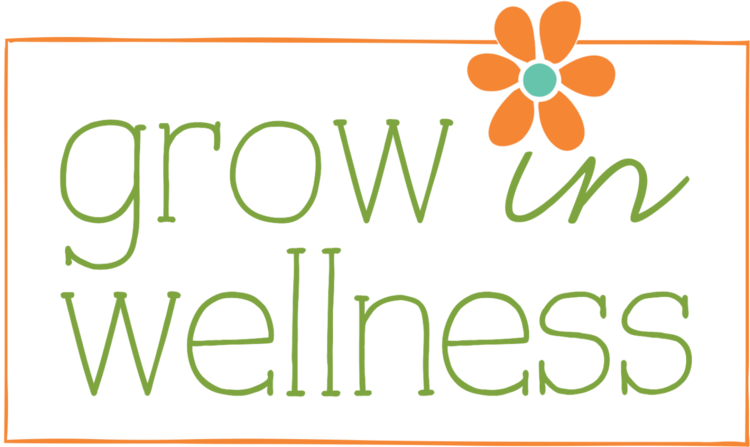More Than You Bargained For
One of the most frustrating parts of becoming a healthy eater can be navigating the grocery store. I have frequently mentioned the misleading ways food is marketed and advertised to get shoppers to believe that a product is good for them, when in reality, it is nothing more than an edible chemical experiment. It’s hard enough to eat healthy without the very people supplying food to the grocery stores trying to sell you food that does otherwise. It’s no secret that the goal of food processors is to grown their bank accounts… and if your waistline grows, too, well they just don’t seem to care.
Would it surprise you to learn that you are not entirely in control of what food decisions you make at the grocery store? Do you think it’s as simple as walking through the aisles at the grocery store, deciding what to put in your cart and buying it? Even the best-intentioned and disciplined person is not totally in control, and usually in ways they don’t even realize. We make impulse purchases and sometimes end up with things we later realize we don’t want. That’s the unconscious mind at work. The food industry counts on this unconscious buying and they spend $33 billion in marketing to make sure it keeps happening.
They also spend money inside the store to determine which products get stocked and where. Would it surprise you to learn that food stores make more money from charging food companies for shelf placement than they do from customer purchases? Prime locations cost more because it boosts sales. For example, potato chips on a middle shelf sell faster than when put on a high or low shelf and make the store more money. What shelf are your favorite products on?
And then there are the defaults we are faced with. Defaults are what you get unless you actively choose something else. We consume more salt, sugar and fat than we realize because the food companies have increased them in their formulations. They've also changed what we define as normal portions and food pairings. And unless we change our buying habits, we are going to continue to fill our bodies with these excesses and laboratory enhanced foods that sabotage our efforts to eat healthier.
Other carefully planned out details contribute to the over buying, as well. Larger grocery carts, bigger container sizes at self serve counters, larger portions of packaged foods, intentional bakery smells, and in-store cues we aren’t aware of all contribute to us buying food in excess amounts or that we didn’t want in the first place. The bigger the container in front of us, the more likely we will fill it or buy it... and that makes stores more money in the long (and short!) run.
The circumstances under which we shop also contribute to our decision making. Do you shop after work? Early on a weekend morning? Are you distracted or stressed when you shop? Those situations also contribute to our buying choices. It's no wonder that 60% of Americans struggle with their weight when something as simple as going to the grocery store is so much more complex than it seems.
I came across these facts in a video I recently watched from The Center for Science in the Public Interest called “Anatomy of a Supermarket Purchase”. It’s an eleven-minute video that goes into depth on these and other concepts that food producers and sellers all use to increase sales… All at the expense of our health (and wallets, too!)
Please take time to watch this video! And once you do, make a renewed effort to consider where and what you buy for you and your family to eat. Take time to visit a farmer’s market, sign up for a CSA produce box, choose foods that don’t need ingredients lists and keep portion sizes under control. Focus on foods that don't need an ingredients list. Take back control over what goes in your cart.
Greens, water, exercise – three simple things to increase and incorporate into your day to strive toward cleaner eating and to help you Grow in Wellness.
Start today - don’t let the big food companies have the final say!
*resource: Center for Science in the Public Interest TV

